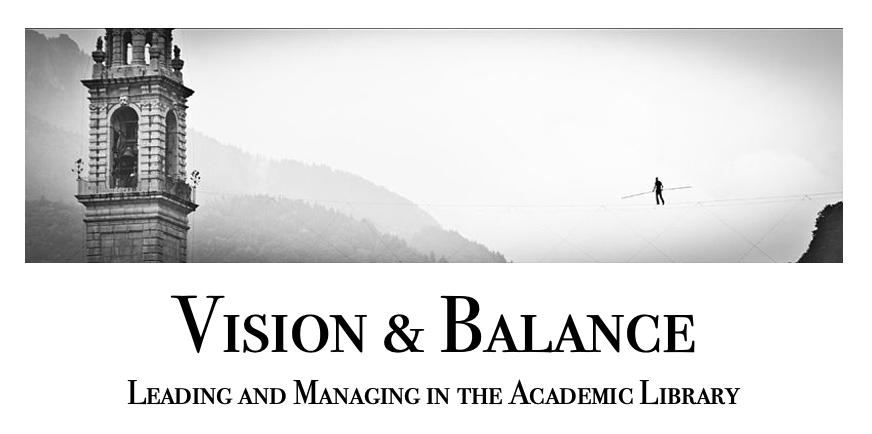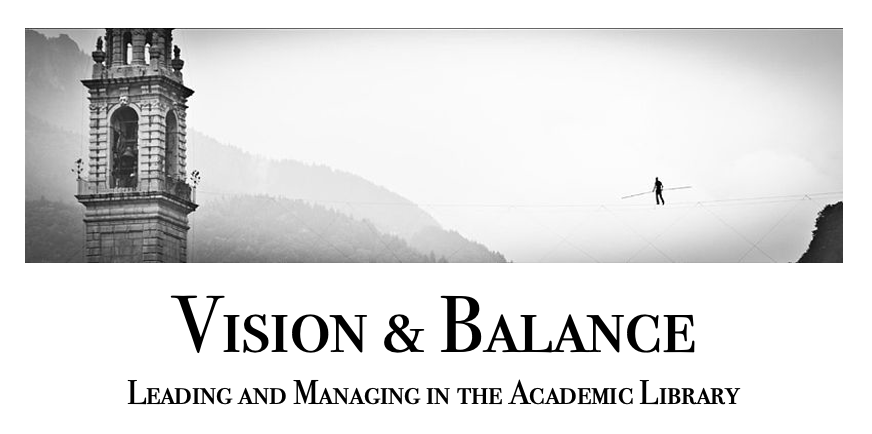Actually, the Plural of "Anecdote" _Is_ "Data." But...
Beware the argument from anecdote. But don't underestimate the importance of anecdotes, either.

I have a number of pet peeves with the current culture of news reporting. I’m not going to get into all of them here, because this isn’t the venue, but one of my peeves in particular actually does dovetail nicely with the themes and purposes of this newsletter.
It’s the danger of the anecdote. Let me explain.
Stories are powerful, as we all know. And whenever something is powerful, that means it can be used powerfully either for good or for ill. Because most humans are naturally empathetic, stories are very good at evoking strong emotional responses. So when we hear about someone’s experience of triumph, or oppression, or disappointment, or joy, we tend to mirror those feelings ourselves, and the power to evoke such emotions can be used to encourage us towards actions either good or bad – and to advance narratives that may be true, or false, or much more complicated than the anecdote in question would suggest. And, most notably for us as leaders, the power of a story can also lead us to bypass critical thought in favor of reflexive reaction.
Here’s a hypothetical example.
An employee comes into your office and tells you about a patron who has encountered serious frustration while trying to use the library’s digital collections. The frustration arises from the limitations of the library’s current digital-services platform, a platform this employee has long believed needs to be replaced. The story is offered to you as final proof that it’s time for the library to migrate to another platform.
You now need to ask yourself two crucial questions:
Question 1: Is the story true?
Question 2: If so, what does it tell you?
The answer to the first question may seem straightforward (if potentially difficult to determine), but it isn’t. Like all stories, this one is almost certainly true to some degree and also at least partially distorted by the teller’s particular perceptions and biases. But for the sake of this example, let’s assume that the story is essentially accurate. Now you have to ask the second question: what does this story tell you?
And the answer is: it depends on the degree to which the story represents an outlier patron experience or an example of a common patron experience.
And herein lies the problem with the argument from anecdote, and the reason why using stories as evidence can be so misleading – both in journalism and in organizational management.
Stories are powerful. And like all powerful things, they can be used powerfully for good or for ill.
The reality is that any individual story could represent either a dramatic outlier or an example of what’s typical – or, even more likely, something between those two extremes. This is important to bear in mind when listening to news reporting – because when a journalist uses an individual’s story to convey the reality of a complex situation, she may have carefully selected it for its ability to convey accurately the nuances of that situation, but she also may have selected it because it fits her own personal biases. Similarly, when an employee tells you about a patron’s unhappy experience with a library service, he may have selected it because it illustrated a common problem or because it helps to further his own agenda.
When you encounter argumentation from anecdote in a news story, you unfortunately don’t have the option of asking follow-up questions to determine the degree to which the anecdote may or may not be truly useful in understanding the larger situation. But with your employee, you do have that option. So in a situation like the hypothetical offered above, I’d recommend doing just that: follow up with questions like
- “Do we have any survey data on patrons’ general experience with our digital collections?” (this patron’s experience may have been an anomaly)
- “Do we know how this patron feels about our services generally?” (this patron may be someone who is routinely dissatisfied with library services in a way that has more to do with him than with the services)
- “Are we confident that the patron’s frustrating experience arose from limitations of the platform itself?” (the platform could have experienced a glitch that day that arose from something other than the platform’s inherent limitations)
The answers to these kinds of questions will help you decide what, if anything, needs to be done next.
Statisticians like to say that “the plural of anecdote is not data.” But this is nonsense; of course the plural of anecdote is data; so is the singular. The problem with an anecdote is not that it doesn’t represent data; the problem is that it represents only a single data point, from which it is not generally wise to derive a policy decision or a change in organizational direction.
Takeaways and Action Items
- When it comes to organizational decisionmaking, the problem with anecdotes is not that they don’t represent data. It’s that a) they are powerful, and b) they represent so little data.
- Don’t ignore anecdotes; let them lead you to questions that can take you beyond the anecdote to a data-informed decision.
- Think about the last time someone told you a story about something that happened in your library. What did they want you to do with that information? What did you do with it? In retrospect, should you have reacted differently?
